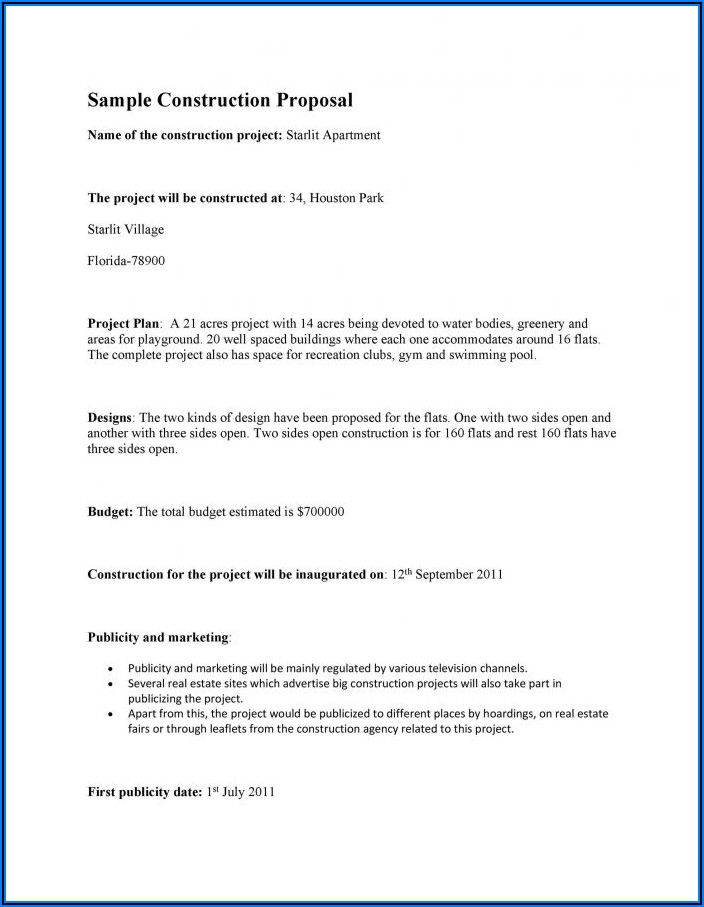Are you adamant that communication is primarily done with words? Imagine if communication was 70% non-verbal. It’s your body language, including your eyes and hands that communicates more frequently and louder than your words. Organization leaders must be able to communicate clearly and effectively. These are some important tips to improve your communication.
1. Clear information
Workplace communication is about passing information between people. Communication that isn’t accurate and complete can lead to confusion rather than clarity. You must plan your communication carefully to ensure that you’re giving the correct information and enough to make sure the people you are communicating with understand what it is.
2. Be sincere
People can tell when something isn’t working. It will be exposed if you attempt to communicate information that isn’t entirely true or honest. It is difficult to maintain honest communication at work (or elsewhere) because it becomes too complicated to keep all the stories together. Say less than you think. If it’s not truthful or honest, just speak the truth.
3. Combine verbal and non-verbal communication
Communication can be verbal or non-verbal. Sometimes, people say one thing and do another. It’s common to hear someone say “Yes”, but then shake his head horizontally, which in the US culture indicates “No”. This can send mixed messages. Be sure to bring your communication together and be aware that both your verbal and non-verbal messages agree.
4. Listen
It is a crucial communication skill that is often not well practiced. To be able to share information with someone, you must hear the message. You can then respond to the message. Poor listening is the root cause of most conflict. Listening well requires that you take the time to repeat what was said to you. To verify accuracy, simply paraphrase what was said. This will reduce conflict and greatly increase the effectiveness of your communications.
5. Ask questions
It is a great way to confirm what you have heard and then respond in a timely manner. Asking questions allows the other person to clarify their words. You can also hear the response in a different manner or hear it again to confirm what you heard. Be specific in your questions. Do not interrupt the conversation with a question about a different topic. You can also use questions to quickly gather additional information that will help you understand the conversation.
6. Let other people speak
Are you a member of a group that is stuck with one person talking all the time? Some people will even ask the question and then answer it. It is annoying to have someone dominate a conversation. Conversations should be two-way. Let others speak. Do not dominate a conversation, even if you have much to say. Ask for opinions and then invite others to join the conversation. Sometimes all that is needed to have a quiet moment is silence.
7. If necessary, engage in difficult conversations
Are you prone to avoiding difficult conversations or avoiding saying the right things? A situation can’t be resolved by not saying it. Things often get worse. Communication can lead to more stress and trauma. Do not avoid difficult communication. Instead, plan what you will say. To feel confident about your message, make sure you write down all the key points. To encourage feedback from your partner, make sure you keep your tone open and non-confrontational. Although conversations can be difficult, it is possible to get the points across and relieve tension.
There are many more things you can do to improve workplace communication. These seven tips are a great start to becoming a better communicator in the workplace. Remember, practice makes perfect. You can practice your communication skills every day until you are comfortable in every situation within the company.




















